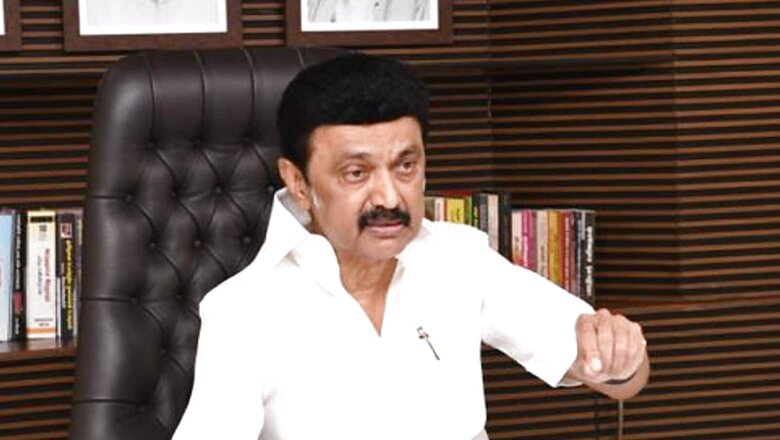
views
“Hindi down down. Don’t impose on Tamilians.”
This is what Tamil Nadu Chief Minister MK Stalin wrote in a long letter to Prime Minister Narendra Modi.
The immediate provocation was the report of the Official Language Committee, headed by Home Minister Amit Shah, which was submitted to President Droupadi Murmu last month. The report reviews the progress made in the use of Hindi for official purposes and submits a report to the President making recommendations. It is up to the President to accept the report or not.
This was the 11th report of the committee, which was set up in 1976 under the Official Language Act, 1963. It comprises 30 members of Parliament consisting of all political parties including southern parties like DMK and ADMK — 20 from Lok Sabha and 10 from Rajya Sabha.
The report has triggered backlash from the Chief Ministers of Tamil Nadu and Kerala, who have described the report as an attempt by the Union government to impose Hindi on non-Hindi-speaking states.
The report has recommended that the medium of instruction in technical and non-technical higher education institutes such as IITs in Hindi-speaking states should be Hindi and in other parts of India their respective local language. It has also emphasised that local languages should be given preference over English in all states.
Why did the DMK react so aggressively? There can be several reasons, but the foremost being political. The poll promises made by the DMK have not been effectively implemented; Tamil voters are not happy with Stalin’s administrative record so far. There is division within the party and the government, so much so that Stalin himself has confessed that he does not get enough sleep due to bickering within the party and the government. The Official Language report by Amit Shah, in this backdrop, has come at an opportune time to overcome the differences within the party and the government, even if momentarily.
The DMK’s alliance partners did not lag behind. They joined Stalin in shouting anti-Hindi slogans.
P Chidamabaram, as Union Home Minister of the UP government, had also presented a report in 2011 to the then President Pranab Mukherjee with much more stringent suggestions, which have been implemented. Ironically, the DMK was part of the ruling coalition. Stalin then made no fuss about the report.
One must understand that Amit Shah released a Hindi Book for MBBS students. Similarly, a Tamil book for MBBS students is also available in Tamil Nadu. Stalin must also realise that the 21st century is for digitisation. Each and everything will be digitised. On your mobile.
For example, a Korean tourist in Mahabalipuram was able to transact in Tamil Nadu by speaking Tamil with the help of a Google Korean Tamil translation. The Korean tourist wrote on her mobile in her language, the voice of the message was spoken in Tamil by the mobile phone. Such is technology improvement in the world.
In the era when technologies are diminishing cultural and linguistic barriers, the DMK needs to realise that its anti-Hindi stand is redundant. Hindi as a political weapon is well past its sell-by date. DMK ministers may heckle those who sell Paani Poori in Tamil Nadu, calling them “North Indians”. But at each restaurant in Tamil Nadu, one can find a youth from Bihar, Uttar Pradesh, Jharkhand or Odisha. Hindi has reached Tamil Nadu. Social fabric of Tamil Nadu now has a mixture of northern culture. One may not be surprised that in 2031 Tamil Nadu may have a Bihari or a Uttarakhandi as an MLA, even a minister, in Tamil Nadu. Such is the concentration of north Indians into Tamil Nadu. In agriculture, textiles, automobiles, tourism, hospitality sectors. DMK must wake up to such realities.
The DMK’s other political objective is to project the BJP and its leaders as outsiders, and thus make them redundant in Tamil politics. The DMK’s internal assessment is that the BJP in Tamil Nadu has grown up phenomenally. In 2024, Narendra Modi’s BJP may be a threat to DMK.
The writer is a political analyst. Views expressed are personal.
Read all the Latest Opinion News and Breaking News here












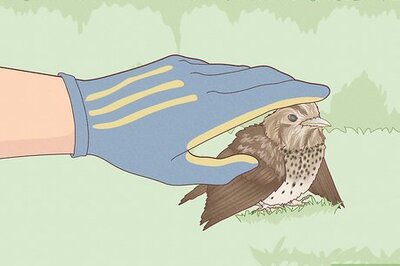

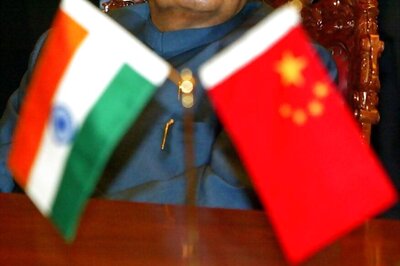


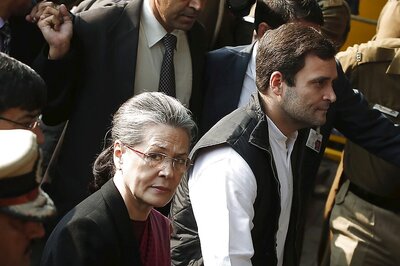
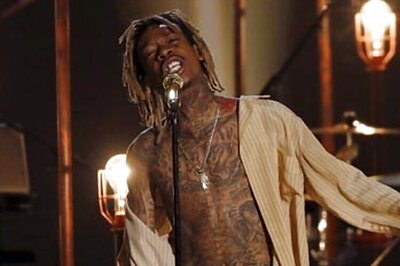
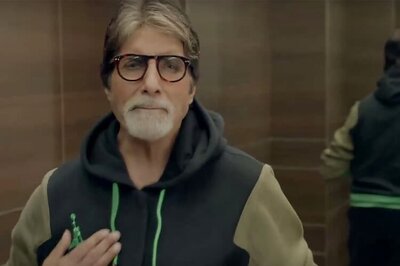
Comments
0 comment